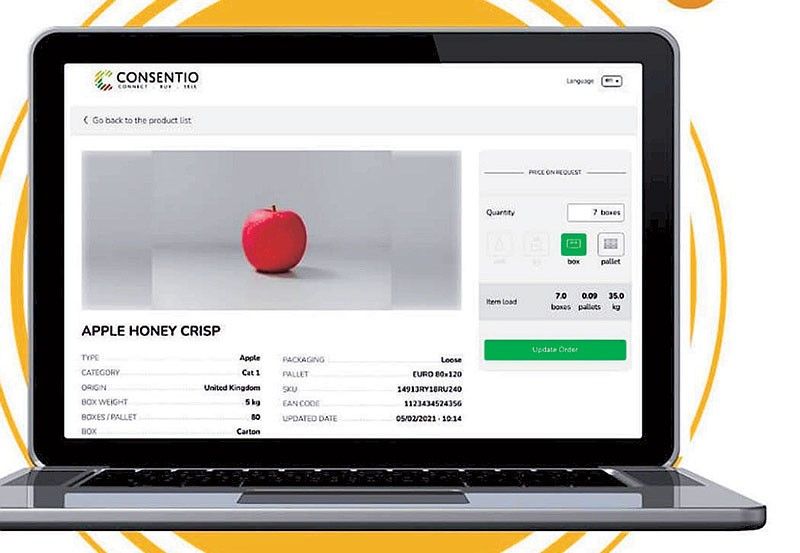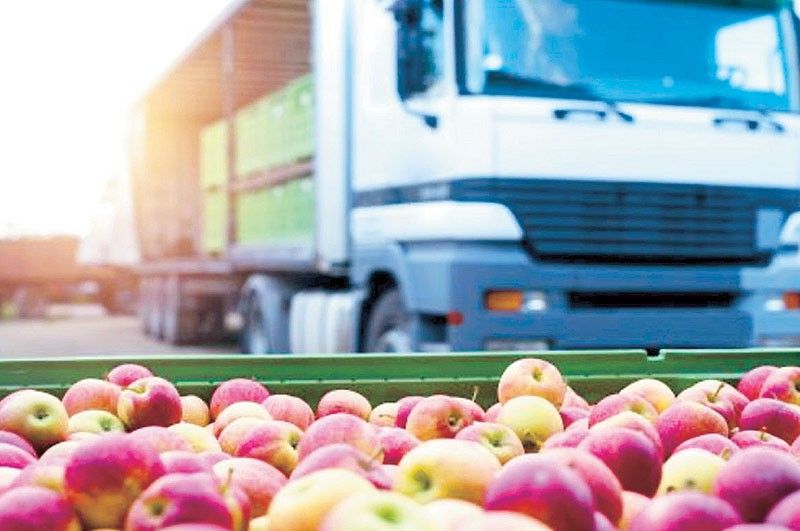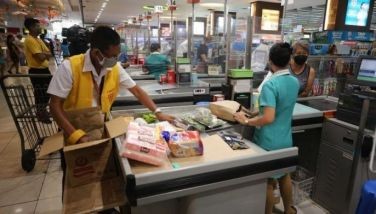For Consentio, zero wasted food is not a lost cause

From farm to fork
MANILA, Philippines — At the South Summit held in Madrid earlier this month, one startup stood out from among the hundreds of participants because its main focus is agriculture, specifically trading of fresh produce, while a vast majority showcases artificial intelligence (AI) and other advanced technologies.
The 13th edition of the South Summit – a convergence of entrepreneurs, startups, venture capitalists and investors – brought together more than 18,000 attendees from 133 different countries, including more than 6,500 entrepreneurs, more than 2,000 investors with an investment portfolio of more than $500 billion – $174 billion more than last year – and more than 6,000 representatives from companies and corporations around the world.
Consentio, a Barcelona-based startup founded by French entrepreneurs in 2019, was among the 100 finalists in the competition that chooses the most innovative, most disruptive, most scalable and most sustainable business model.
But unlike others which chose finance, manufacturing, utilities or services as their targets, Consentio has set its sights on agri technology.
Relying on its software-as-a-service application, Consentio pitches the use of digital technology to minimize food waste which, in Europe alone, costs a staggering $1 trillion a year in misspending or about 88 million tons, mostly fruits and vegetables (F&V), lost or wasted.
For Vincent Rosso, co-founder and managing director of Consentio, food wastage is a consequence of supply chain inefficiencies such as a fragmented market, power dynamic imbalances, lack of real-time analytics, and many other pains that have historically rattled the industry.

“Consentio – derived from the word ‘consent’ – is an agreement, or a contract, between two groups based on data for the future. Right now, we cover fresh produce wherein farmers and growers link up with buyers - whosesalers and retailers,” Rosso told The STAR.
“What makes it different is that there is no real place where real-time data is available for business or commerce, not even from the government.”
He explained that a data-driven system is crucial in the decision-making process and in sustaining practices that optimize the agricultural supply chain.
For one, he said, dealing with fresh produce needs a considerable lead time and quick turnover considering the short shelf life of F&V.
The 20-man company currently has a client base of about 5,000 companies, with some 95,000 aggregated product references.
“Consentio is very easy to use, anywhere and anytime. With the tool, I can see the whole range of available products instantly,”said Rudy Coquan, department manager at French grocery chain E.Leclerc Barjouville, in a testimonial posted in Consentio’s website.
Christophe Janson, commercial manager and fresh ideas grower at Picvert, an independent French family farm business based in Picardy, added: “Consentio really takes us up a notch in terms of sales efficiency and customer satisfaction.”

“We streamline communication, data flows and payment for a seamless buying and selling experience. Our mission is to bring the convenience of online purchasing tools that we all know and love all the way to the fresh produce supply chain,” Rosso said.
He said there is still a lot of ground to cover since they are in only four countries yet: Spain, France, the Netherlands and the US.
“We are looking at international expansion opportunities, even in countries in Asia, but we have to take it step by step. We have to study first the logistics and regulatory requirements before entering new international markets,” he said.
Eventually, he added, they would expand into new product categories like meat, fish or cereals. Right now, the Consentio platform carries tomato, cucumber, green and red pepper, strawberries and apple.
“Our goal is to sharpen communication and transparency for producers, wholesalers and supermarkets so that every business transaction is optimized – existing business relationships transferred to the digital space to prevent logistical issues in times of crisis – and, also to reduce administrative tasks so you can focus on the main thing that drives business : your customers,” Rosso said.
- Latest
- Trending































